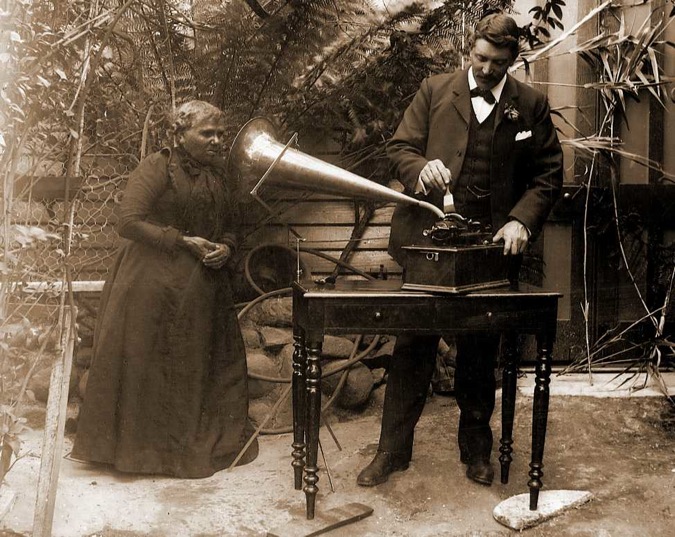Stranded Out of Place: Environmental Alienation in Australian Punk
DOI:
https://doi.org/10.60162/swamphen.1.10584Abstract
Working within ‘environmental justice ecocriticism’, this paper explores and compares British and Australian punk and new wave arguing that the environment comprises one way in which a socially disadvantaged urban poor register an experience of injustice and alienation. The paper connects cultural studies of place/environment in popular music with ecocritical arguments that stress the centrality of place to identity and the importance of sound, oral cultures and music towards conveying that sense of place. Engaging with debates about ‘authenticity’, a concept being substantially re-appraised in popular music studies, the paper will explore recurring motifs of the city, street, pollution, and the body questioning the idea of punk as a ‘spectacular subculture’ representative of ‘the death of an aesthetics based on […] the "authentic"’ (Iain Chambers)—through Allan Moore’s argument that ‘social alienation’ is ‘the ideological root of […] striving for the authentic’ in popular music. Suggesting (cf. Jude Davies) that British punk, after 1978, became increasingly sophisticated (musically speaking), articulate and politicised, the textual analysis comprising the body of this paper, will compare an example of secondary, British ‘new wave’—e.g. The Jam—with one of the environmentally-specific Brisbane punk bands (e.g. The Saints). I examine, in particular, three aspects of punk/new wave’s recurrent registering of its environment: sound, or sonic effect, looking at the lack of conventional harmony and structure, and various alienating devices; lyrics; and vocal delivery (looking at regionalised or working-class accents, and aggressiveness / alienation of tone).
Downloads
Published
Issue
Section
License
Authors who publish with this journal agree to the following terms:- Authors retain copyright and grant the journal right of first publication with the work simultaneously licensed under a Creative Commons Attribution License that allows others to share the work with an acknowledgement of the work's authorship and initial publication in this journal.
- Authors are able to enter into separate, additional contractual arrangements for the non-exclusive distribution of the journal's published version of the work (e.g., post it to an institutional repository or publish it in a book), with an acknowledgement of its initial publication in this journal.
- Authors are permitted and encouraged to post their work online (e.g., in institutional repositories or on their website) prior to and during the submission process, as it can lead to productive exchanges, as well as earlier and greater citation of published work (See The Effect of Open Access).

